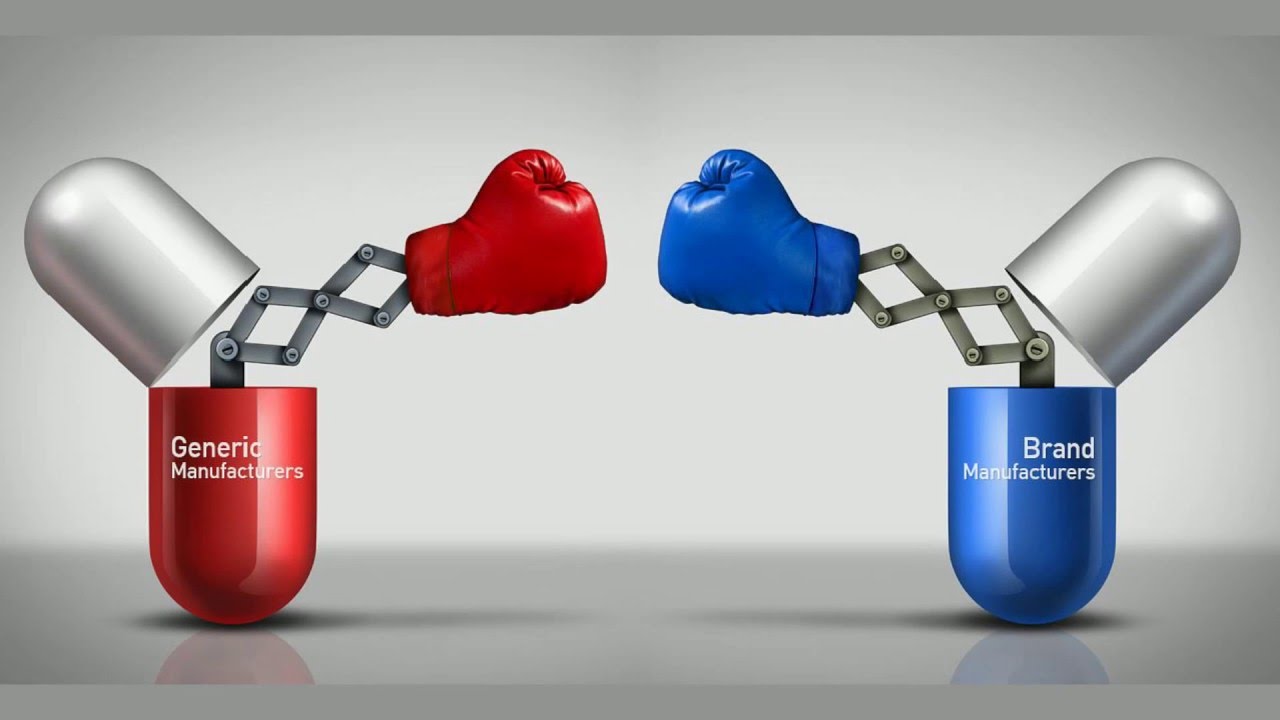New drug policy
June 14, 2017 | Expert Insights

Prime Minister Narendra Modi recently announced that the government will bring a new drug policy to mandate doctors to prescribe medicines with their generic names instead of brand names. Following which, the Medical Council of India has already issued a notice stating, “Every Physician should prescribe drug with generic names legibly and preferably in capital letters and he/ she shall ensure that there is a rational prescription and use of drugs”.
Nearly 80% of the medicines sold in India are branded generics and the entire drug industry has built its fortunes on this model. Will this law cripple the pharma industry?
What is Generic drug?
A generic drug is a pharmaceutical drug that is equivalent to a brand-name product in dosage, strength, route of administration, quality, performance, and intended use. These drugs are those where the original patent has expired and which may now be produced by manufacturers other than the original innovator (patent-holding) company. Generic drugs are about 40% to 60% lesser in cost than the branded versions of the same drug. The reason being that these generic drug manufactures need not invest much time and money on research development and clinical trials.
On the flipside
With branded drugs making up to most of the market, this move may end up missing the wood for the trees. Although the patients will have the advantage of having cheaper medication when compared to the branded drugs, the challenge would be to ensure the finest quality of the drug.How can one ensure the pedigree of the supply chain?
Another disadvantage is that the best brand for the patient will be decided by the chemist and not the doctors. There also might be an increased chance of errors while prescribing combination drugs by the doctors. For instance, if a doctor was to prescribe a multivitamin tablet, then he will have to prescribe each vitamin separately (for eg. Vitamin A, Vitamin B etc).
Assessment
Currently, this new drug policy has been established in the US. Are we trying to adapt US based system for prescription in India, when we do not even have proper rules for quality check? How will this be implemented?
The only resolution to this lies within the patient to decide on what is best for them therefore patient education is quintessential. Else this new drug policy might be another passing the bug game, where companies and doctor’s nexus directive will shift to Companies and chemist.
Is this new drug policy likely to backfire and be detrimental to the public health agenda?








Comments